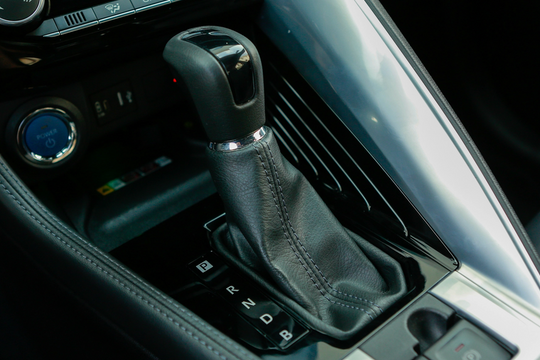10 habits that damage your car
Resting your hand on the gear stick and not using the handbrake when parking are habits that can affect the life of your car.
Drivers may regularly maintain and repair their cars to keep them in top condition, but they may not know that there are daily operating habits that are gradually damaging their cars. Here are 10 habits that drivers don't know are "destroying" their cars, according to Autoblog.
1. Rest your hand on the gear lever
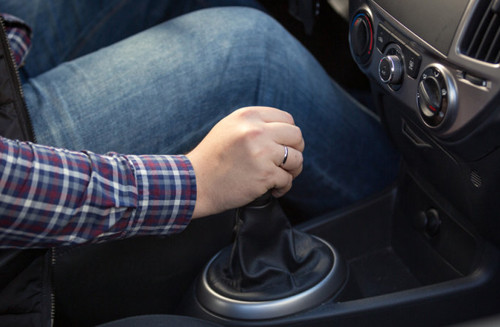 |
Starting from the habit of driving a manual car, the right hand is always on the gear stick to be ready to change gears quickly, many people carry the habit to drive an automatic car. This is not good because when encountering an unexpected situation, they will not have time to put their hands on the steering wheel to steer, and if they are in a hurry, they may mistakenly swing the car into another gear. Resting the hand on the gear stick is alsocausing the gear control yoke to wear out quickly and damage the gearbox.
2. Do not use the handbrake
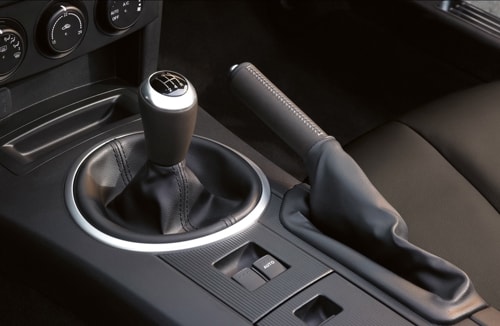 |
On automatic cars, many people often rely on the P gear without pulling the handbrake when parking, especially on slopes. The P gear mechanism is simply a ratchet gear without any rotating shaft, so if this gear is subjected to continuous force, it can wear out quickly or even break. Always use the handbrake to limit the pressure on the transmission.
3. Heavy load
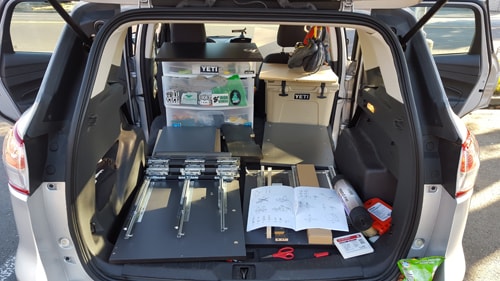 |
Many people have the habit of treating their cars as mobile "warehouses" which is harmful. Unnecessary things when left in the car increase the weight, affecting fuel consumption, the suspension system, and brakes. In addition, clutter also makes the car's interior unclean and smelly.
4. Let the gas tank run dry
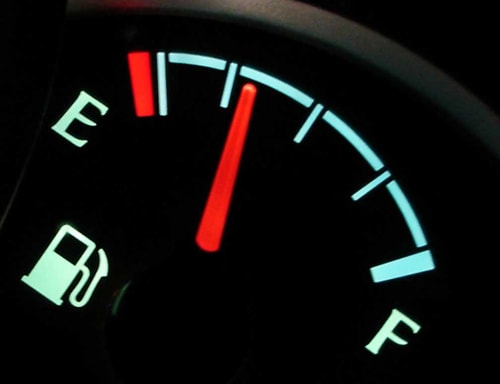 |
Modern vehicles are designed to cool the fuel pump by the fuel in the tank. Continuously running the fuel tank low can cause the fuel pump to overheat and wear out. Keeping the fuel tank at least about a quarter full will keep the fuel pump in good condition.
5. Sudden start or stop
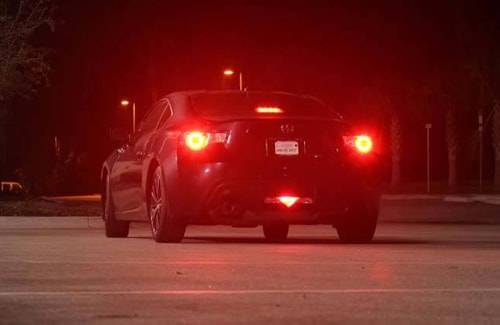 |
Stepping on the gas to go fast may give you a little excitement in your brain, but in reality, it will consume a lot more gas. Sudden braking should only be done in dangerous situations, because this action can easily wear out the brake pads and brake discs.
6. Stepping on the gas pedal when the engine is cold
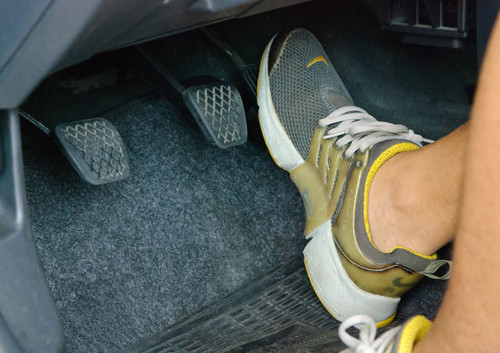 |
If the car is left overnight or parked for a long time, the driver should let the car idle for a minute or two after restarting. This helps the engine warm up, the lubricating oil flows out, lubricating all the parts. If you step on the gas hard right after starting, it will create a sudden change in temperature, destroying the parts.
7. Cone sound
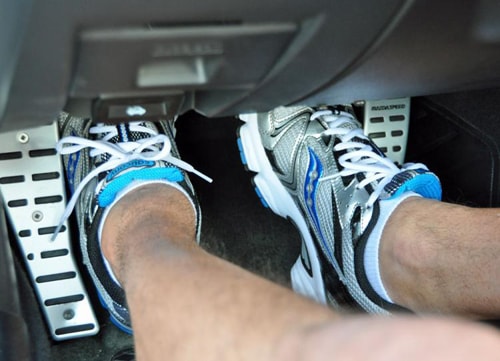 |
When waiting for a red light or standing on a slope in a manual transmission car, many drivers press the clutch pedal (clutch down) and wait for more gas to go. This practice actually causes the clutch plate to wear out quickly, and the clutch may slip the next time, especially when carrying a heavy load uphill.
8. Shift from R to D when the vehicle has not stopped completely
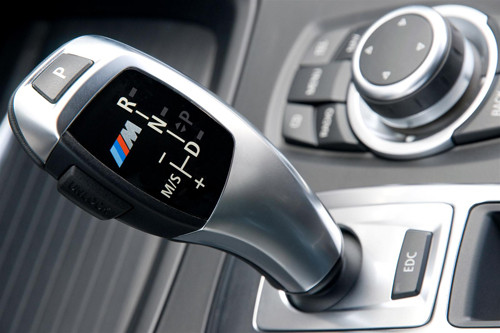 |
When driving into a narrow parking space, having to move forward and backward continuously, many people often rush to shift from R to D to move forward while the car is still moving slowly. The transmission is subjected to sudden pressure due to this shift, which can lead to broken gears. Stay calm, wait just a few seconds for the car to stop completely before shifting to D.
9. Check the brakes when going downhill
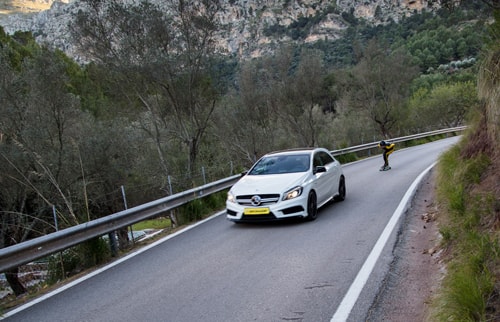 |
Continuously applying the brakes to slow down when going downhill shows that you are not an experienced mountain pass driver. When the brakes have to work continuously at high speed, the large inertia causes the brake discs and brake pads to heat up, possibly burning and losing friction. In addition, the hydraulic system can be disabled due to working under high pressure. The final consequence is brake failure.
10. Ignore the warning symbols
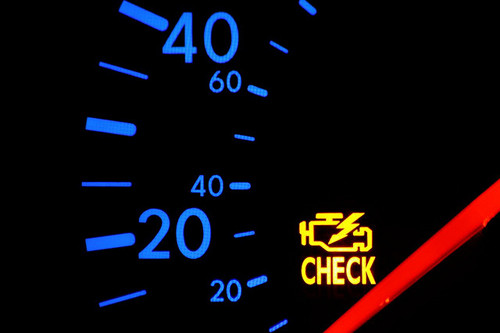 |
Dashboard warning lights don’t come on randomly, so if one of them comes on, there’s a good chance your car is having trouble. Ignoring the warning may not cause immediate damage, but it can have long-term effects, and more importantly, could cause your car to stop suddenly while driving.
According to VNE
| RELATED NEWS |
|---|

